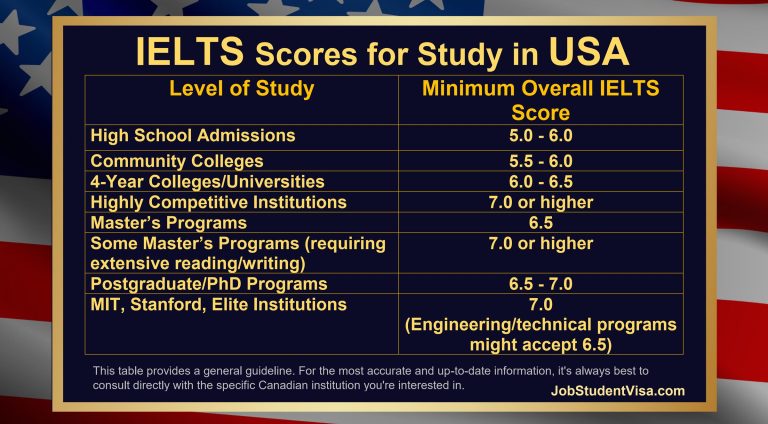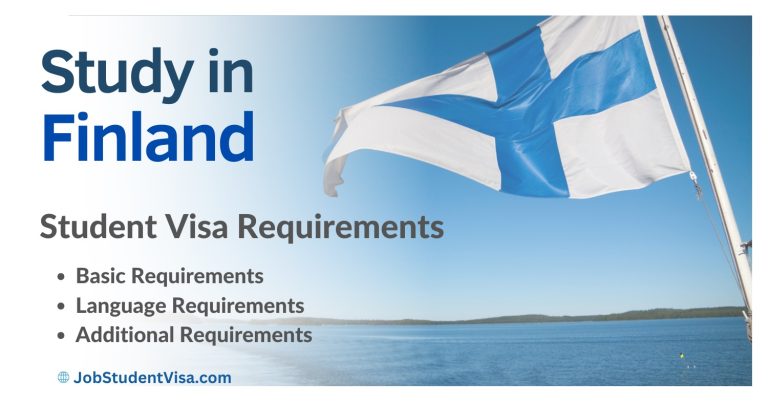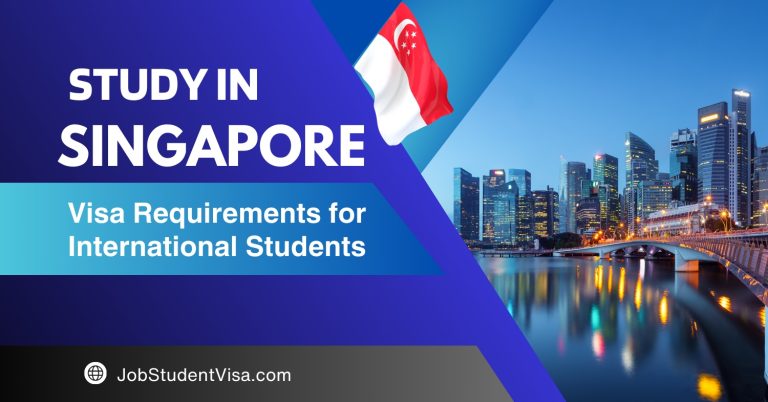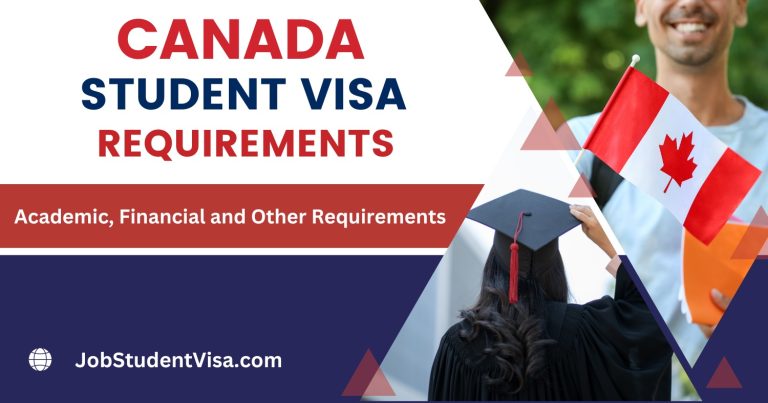Student Visa Process for Germany: A Detailed Exploration
Embarking on an Educational Journey: The Comprehensive Guide to the German Student Visa Process
Germany, renowned for its world-class universities and vibrant cultural heritage, is a premier destination for international students. Embarking on this journey begins with understanding and navigating the student visa process. This comprehensive guide aims to provide a thorough overview of the steps, requirements, and nuances of obtaining a student visa for Germany, ensuring aspiring students are well-prepared for this crucial phase of their academic pursuit.
The German Student Visa Process 2024
For countless international students, Germany represents a beacon of academic excellence and cultural diversity. With its prestigious universities, cutting-edge research opportunities, and a rich historical landscape, Germany offers a unique and enriching educational experience. However, the first step to unlocking this world of opportunity is successfully navigating the student visa process. This comprehensive guide is tailored to demystify and simplify the German student visa procedure, equipping prospective students with the knowledge and confidence needed to embark on their academic adventures in Germany.
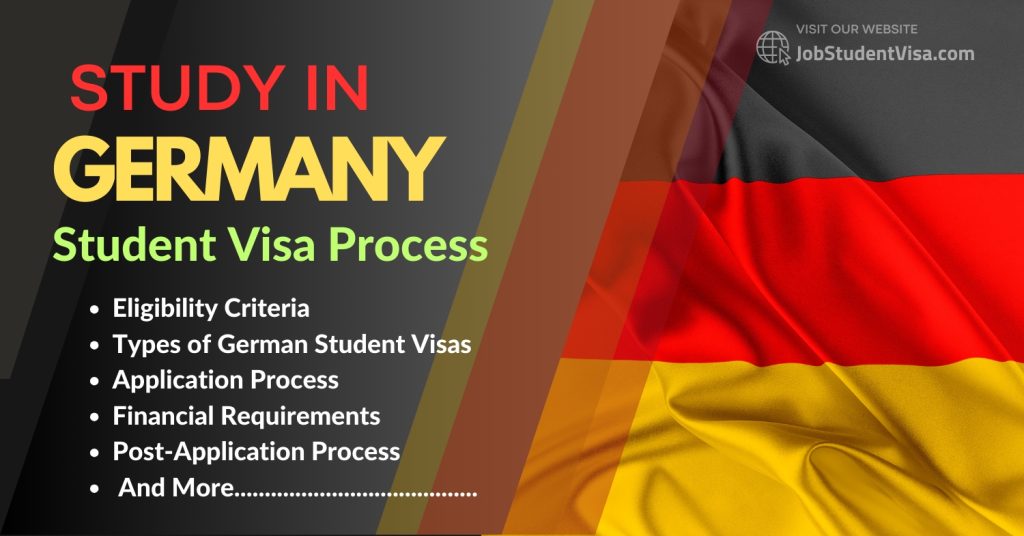
Eligibility Criteria
Securing a German student visa involves meeting several essential criteria:
- Acceptance Letter: The cornerstone of your application is the admission letter from a recognized German university. This document validates your enrollment in a full-time study program.
- Financial Proof: A critical aspect of the application, demonstrating financial stability is mandatory. As of January 2024, applicants are required to show access to approximately 10,332 euros per year, usually through a blocked account.
- Health Insurance: Valid health insurance that conforms to German standards is non-negotiable. This insurance should cover the entire duration of your academic program in Germany.
Types of German Student Visas
Germany offers different types of student visas, each tailored to specific academic pursuits:
- Language Course Visa: Ideal for students enrolled in short-term language courses (3-12 months). It’s important to note that this visa cannot be converted into a student visa for university studies.
- Student Applicant Visa: This temporary visa is useful for students who need to be in Germany for the university admission process, especially if you’re awaiting an admission decision.
- Student Visa: The standard visa for academic studies in Germany. This visa is granted for the duration of your study program, usually up to two years, with the possibility of extension if necessary.
Application Process
The application process for a German student visa is meticulous and demands attention to detail:
- Gather Required Documents: Your application should include a valid passport, university acceptance letter, proof of financial resources, health insurance documentation, academic records, a motivational letter, and language proficiency certificates, if applicable.
- Schedule a Visa Appointment: Booking an appointment with the German embassy or consulate in your country is a critical step. Waiting times can vary, and it’s recommended to schedule your appointment well in advance.
- Prepare for the Interview: The interview, typically lasting 10-15 minutes, is a vital component of your application. Be prepared to discuss your study plans in Germany, your financial strategy for your education and stay, and your intentions after completing your studies.
Financial Requirements
Demonstrating financial capability is a key requirement. The standard method is maintaining a blocked account with a minimum balance of around 10,332 euros, which is considered sufficient for one year of living expenses in Germany. Additionally, the visa application process includes a fee, typically ranging from 60 to 75 euros.
Post-Application Process
After submitting your application, processing times can range from a few weeks to several months. Use this period to research accommodation options, arrange your travel, and familiarize yourself with German culture and language. This preparation can ease your transition into life as a student in Germany.
Acclimatizing to Life in Germany
Moving to a new country for studies is an exciting, yet challenging, experience. Before your departure, learn about German culture, social norms, and basic language skills. This knowledge will not only ease your adaptation process but also enrich your overall experience.
Accommodation in Germany
Finding suitable accommodation is crucial. Germany offers various options, including university dormitories, shared apartments (WGs), and private rentals. Start your search early, as housing in university cities can be competitive.
Healthcare and Insurance
Navigating the healthcare system in Germany is another critical aspect. Ensure that your health insurance plan meets the requirements set by the German government. Familiarize yourself with how to access medical services, including registering with a local doctor (Hausarzt).
Working While Studying
Many international students choose to work part-time while studying in Germany. Familiarize yourself with the legal regulations regarding student employment, such as the maximum number of hours you’re allowed to work.
Cultural Integration
Integrating into German society can significantly enhance your study experience. Participate in university clubs, social events, and language exchange programs. These activities provide opportunities to make friends, improve your language skills, and understand German culture more deeply.
Conclusion
The process of obtaining a student visa for Germany is multifaceted, encompassing eligibility criteria, financial preparations, and cultural acclimatization. By meticulously preparing for each step and embracing the cultural opportunities, you can pave the way for a successful and enriching academic journey in Germany.

